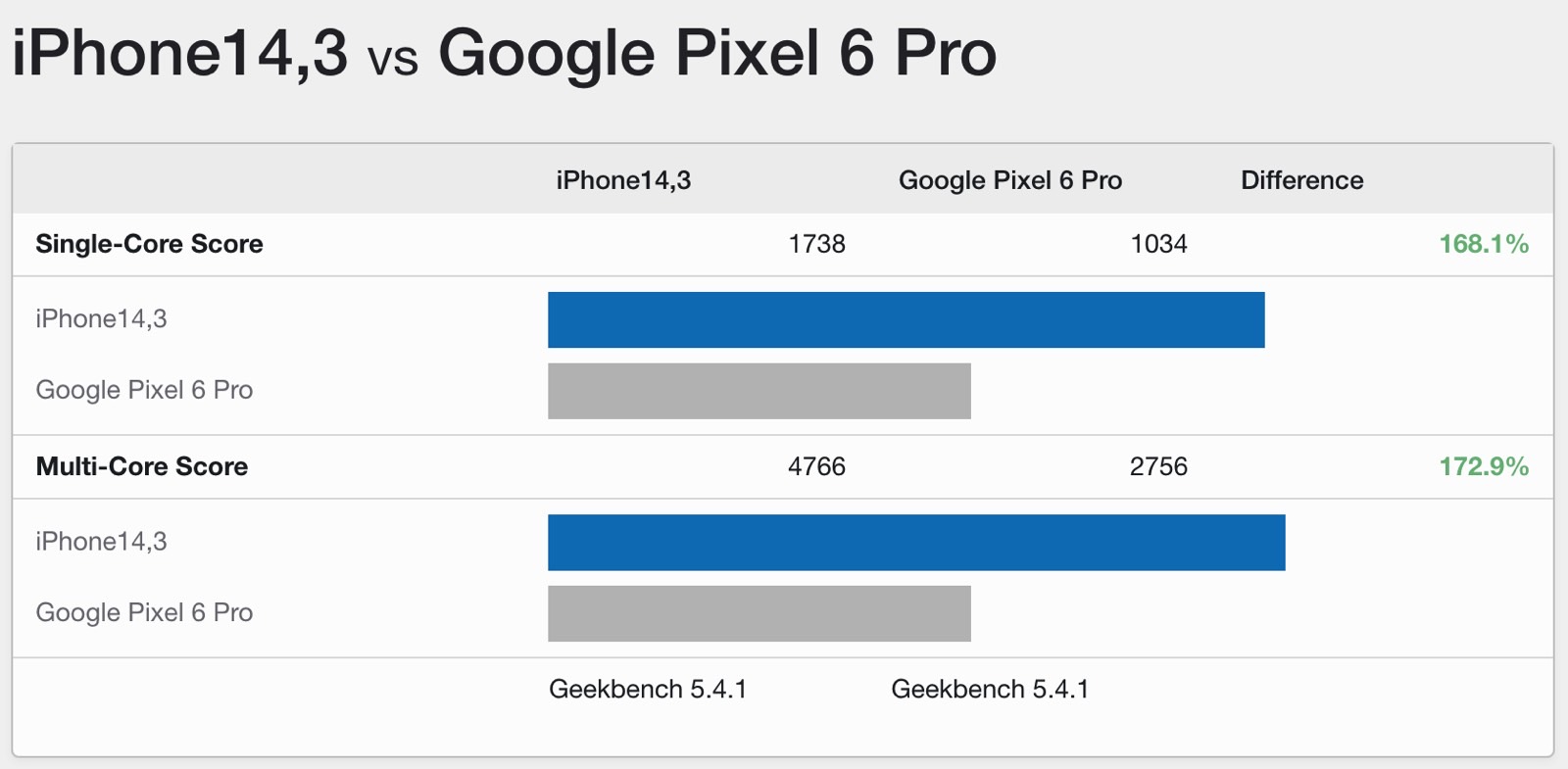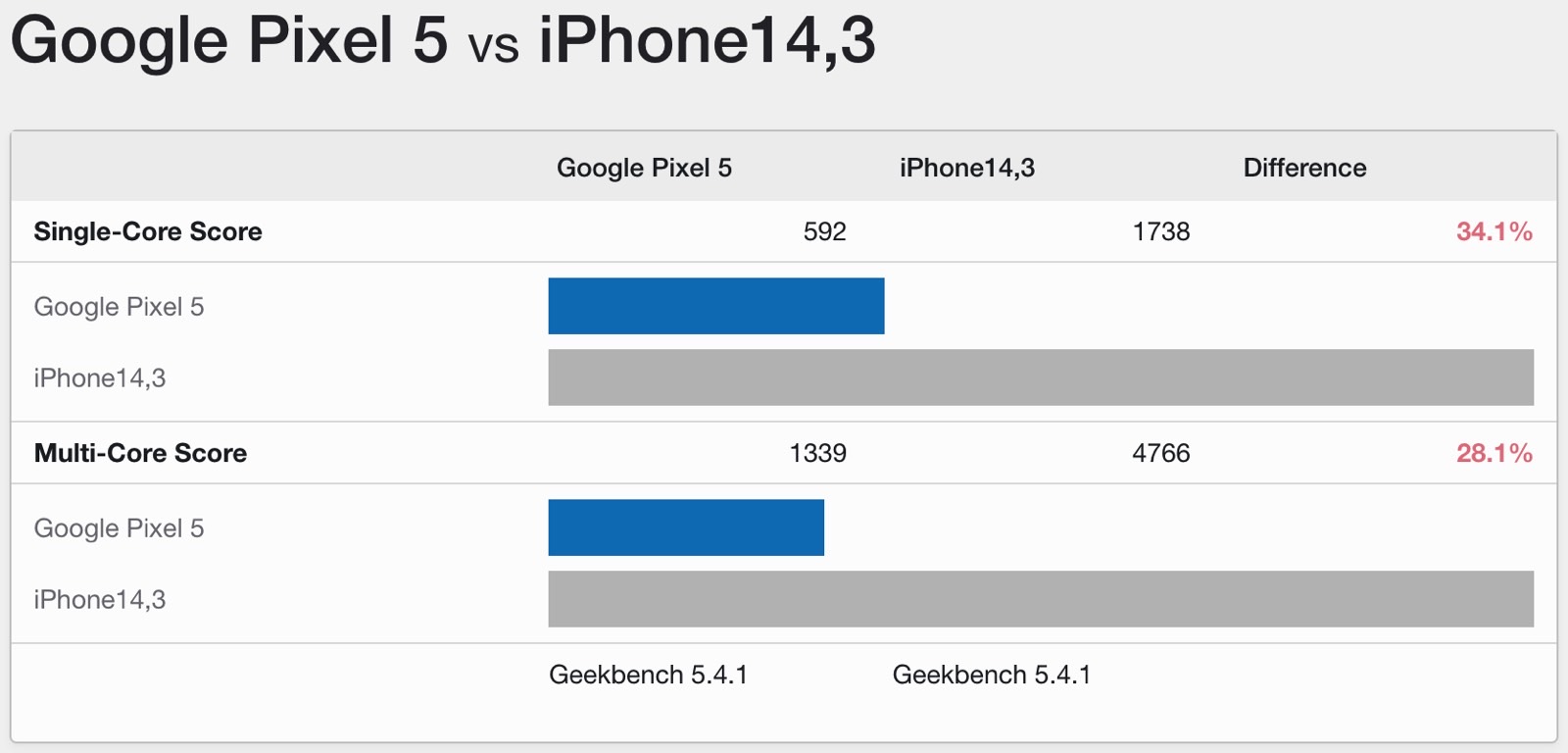Pixel 6 Pro benchmark leak delivers incredible news you need to see
The Pixel 5 was a massive disappointment last year in terms of performance. Google chose to forgo the best possible Snapdragon processor from Qualcomm and instead use a mid-range chip. It’s an excellent chip for cheaper Pixel phones, but not the flagship device. Thankfully, Google came to its senses this year, returning the Pixel 6 and Pixel 6 Pro to flagship status. That includes a significant redesign and a key component not seen on other Google phones: A custom System-on-Chip (SoC) that should take on the A15 Bionic inside the iPhone 13. And the first benchmarks for the Tensor SoC deliver good news for the Pixel 6 series.
Google’s Tensor chip
Google quietly unveiled the Pixel 6 series in early August, a move that allowed it to get ahead of the increasing number of rumors and control the narrative. And Google did confirm all the previous Pixel 6 and Pixel 6 Pro rumors. The company showed the new designs and revealed some of the main specs. That included the new Tensor custom chip that appeared in various rumors going all the way back to 2020.
We didn’t have a commercial name for the Tensor chip back then, but rumors said the new SoC will be a collaboration between Samsung and Google. Back then, we speculated that Google would use the brand new Arm Cortex-X1 reference design in Tensor, just like all other 2021 flagship chips.
A few days ago, a benchmark result revealed that the Pixel 6 series will feature an unusual 8-core SoC arrangement. The Tensor will have a 2-2-4 core design, featuring two Cortex-X1 chips, two Cortex-A76, and four Cortex-A55 chips. The inclusion of two X1 chips might sound exciting, but the A76 is an older generation chip
The Pixel 6 Pro benchmark
The Snapdragon 888, which powers flagship phones like the Galaxy S21, features a 1-3-4 core design. That includes one powerful Cortex-X1 core, three Cortex-A78 performance cores, and four Cortex-A55 efficiency cores.
That said, the Tensor chip in the Pixel 6 and Pixel 6 Pro should deliver performance comparable with the Snapdragon 888 and its Samsung equivalent, the Exynos 2100. At least that’s what a brand new Geekbench 5 test score indicates.
The Tensor chip topped 1034 points in the single-core tests and 2756 in multi-core tests. The results are almost in line with what you’d expect from the Galaxy S21’s SoCs.

But, like the Snapdragon 888 and Exynos 2100, the Google Tensor chip can’t touch the A15 Bionic that powers the iPhone 13 models this year.
Even so, the Tensor performance is great news. Google is looking to make the Pixel 5 forgotten. Benchmarks alone don’t tell the whole story, but they shouldn’t be ignored either. To put things in perspective, here’s how the Pixel 5 compares to iPhone 13 when it comes to performance.

The Pixel 6 and Pixel 6 Pro’s scores are all the more exciting, considering this is the first Google custom SoC. Google is just getting started, and, hopefully, it can further raise the bar.
The Pixel 6 should launch in the coming weeks, with Google expected to announce its fall hardware event soon.
For all the latest Technology News Click Here
For the latest news and updates, follow us on Google News.
